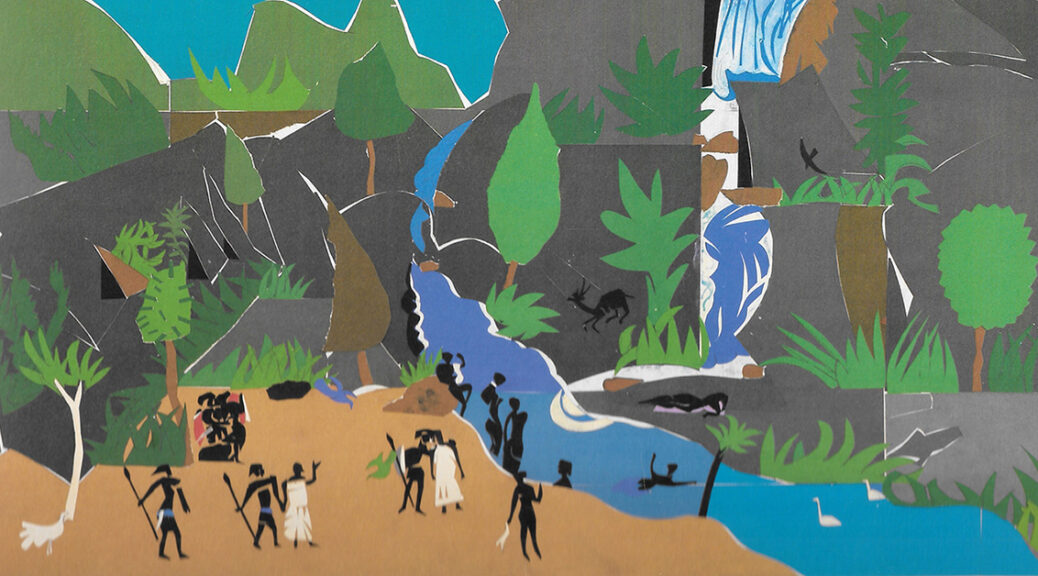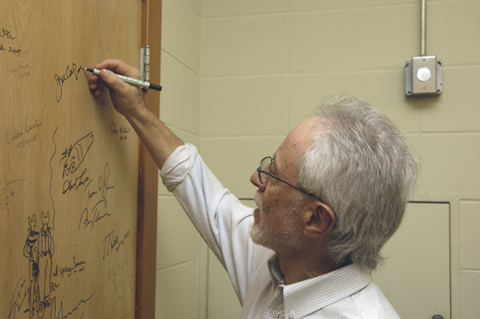“Illuminating Explorations” – This series of digital exhibits is designed to promote and celebrate UT Libraries collections in small-scale form. The exhibits will highlight unique materials to elevate awareness of a broad range of content. “Illuminating Explorations” will be created and released over time, with the intent of encouraging use of featured and related items, both digital and analog, in support of new inquiries, discoveries, enjoyment and further exploration.
I’m excited to share these diverse adaptations of classical literature in our library collection, especially since they hold a special significance for me as a Latina who completed her undergraduate work in Latin and History here at UT Austin.
The study and teaching of Greek and Roman Classical Civilization has largely been a white and male tradition. As there are increasing calls for diversity in academia, Classics has made some strides, but largely from students and early career scholars, raising the questions about just who is Classics ‘for’?
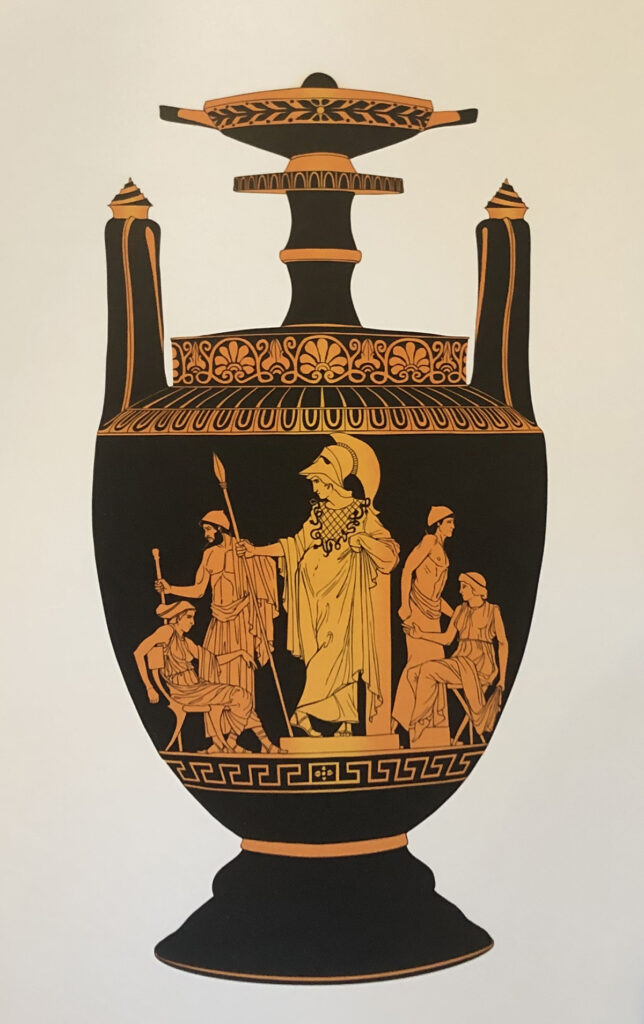
A new online exhibit, “Diverse Adaptations in Classical Literature” showcases items from the UT Libraries collection of original classical Greek literature in translation and contemporary adaptations created by a more diverse authorship than usually discussed. UT Libraries contain a depth of diverse adaptations but showcased here are works of authors from Latinx & Latin American, African & African Diaspora, Asian-American and LGBTQ+ communities.
Variety of adaptation is also highlighted in the form of plays, novels, visual art and in a wide array of translations and scholarly approach. The collection and themes presented in this exhibit on diverse adaptations are intended to encourage those, especially people of color (POC) and LGBTQ+ folks, who may not have historically felt included in conversations related to classics or classical literature. For those already engaged in classics, they can see the evolution of translation studies and how classical antiquity draws parallels to the contemporary realities of diverse communities.
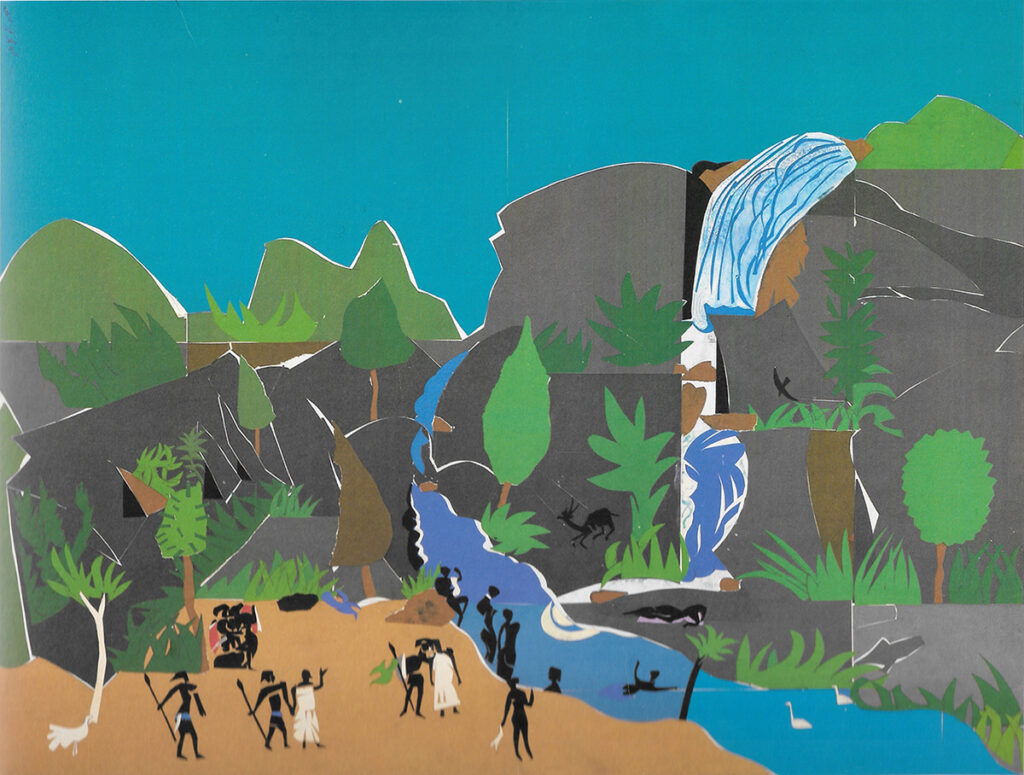
These adaptations are fantastic in their own right but also showcase the illuminating perspectives and unique takes on classical literature. Everyone loves a good Simpsons take on the Odyssey, but there is something novel about reading an adaptation of Medea that includes culturally familiar dialogue of English mixed with border Spanish. These types of perspectives elevate the original work.
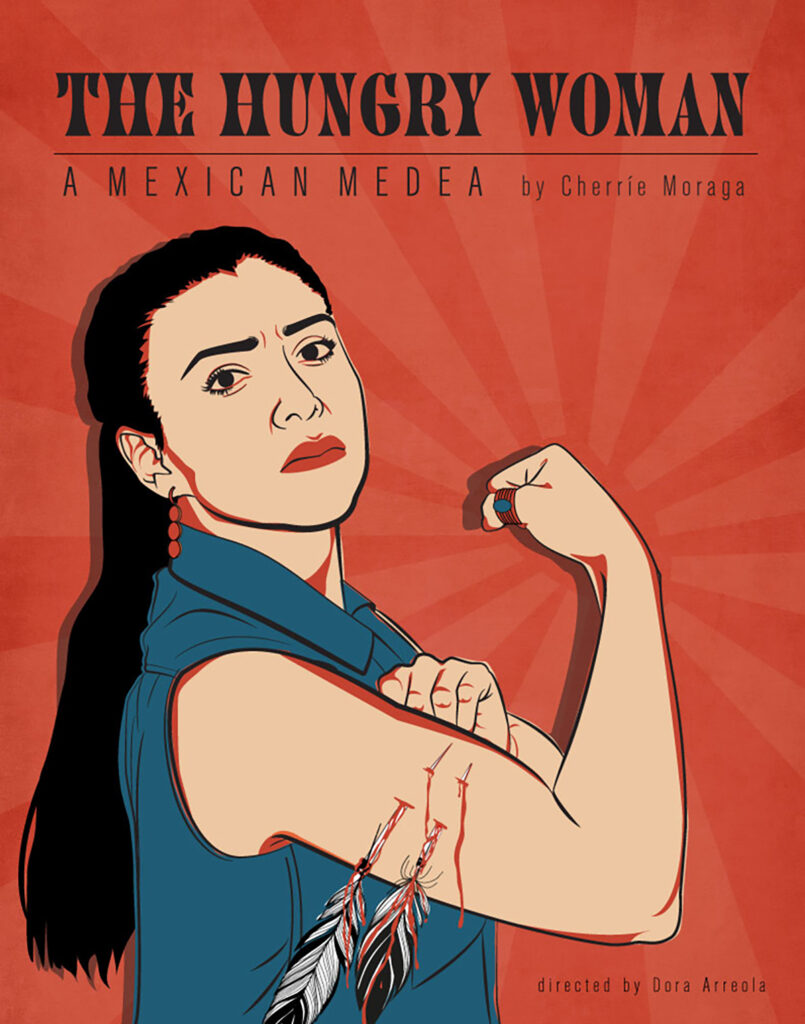
In highlighting diverse publications, this exhibit also calls attention to the issue of diversity in the field of Classics itself. This showcase also challenges us to grapple with questions around structural issues such as the lack of retention of those from underrepresented backgrounds in the academy. It will take a combination of entities and systemic efforts to transform a field that historically does not include POC or LGBTQ+ scholarship. This exhibit asks us to redefine who Classics is ‘for’ by delving into how the ancient world has been received and recontextualized by diverse adaptations engaging with classical literature. As such, it is but one effort to illustrate a fresh and more nuanced face of a field that is no longer just for an exclusive class, gender or color of people.

